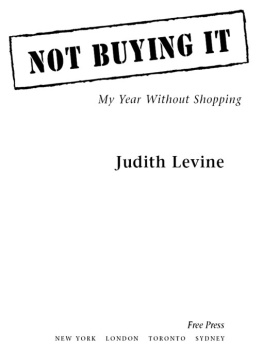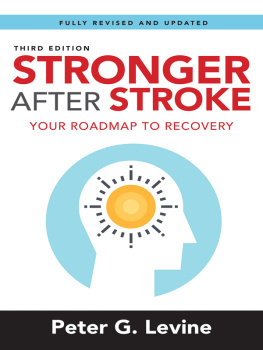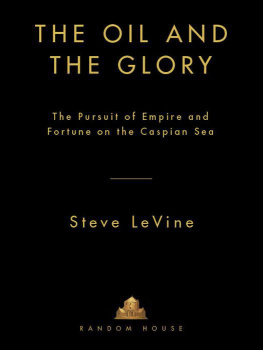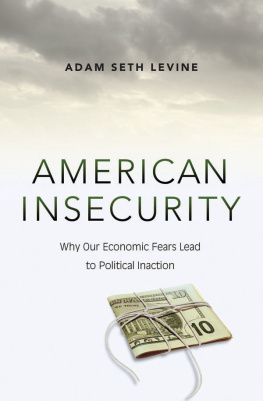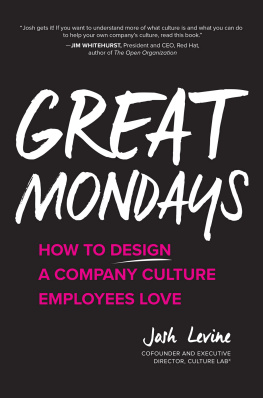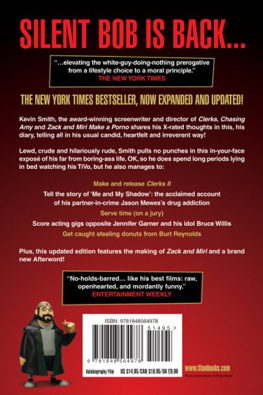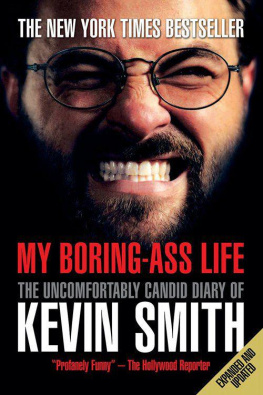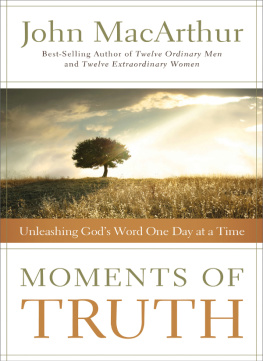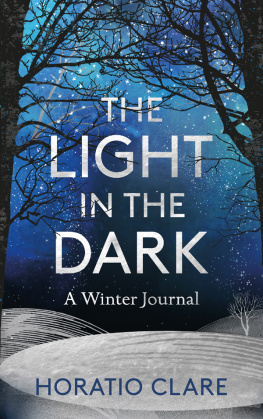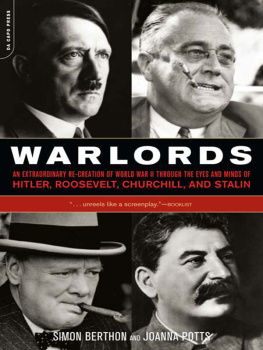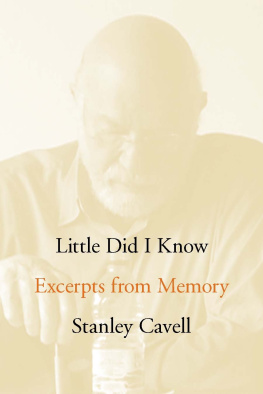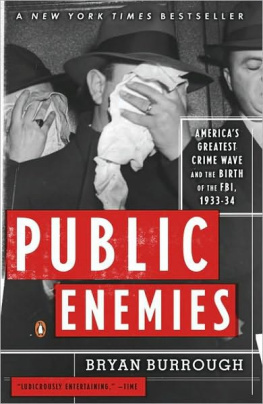A Division of Simon & Schuster, Inc.
reproduction in whole or in part in any form.
FREE PRESSand colophon are trademarks of Simon & Schuster, Inc.
Levine, Judith.
Not buying it: my year without shopping / Judith Levine.
p. cm.
Includes index.
1. Consumer education. 2. Shopping. I. Title.
The idea occurs to me, as so many desperate resolutions do, during the holiday season. I have maxed out the Visa, moved on to the Citibank debit card, and am tapping the ATM like an Iraqi guerrilla pulling crude from the pipeline. Convinced I am picking up no more than the occasional trinketa tree ornament for Howard and Nanette, a bar of French soap for Normain just two weeks this atheist Grinch has managed to scatter $1,001 across New York City and the World Wide Web. I am not in the spirit, but somehow I have gotten with the program.
And what a program it is. Through three years of lusterless economic reports and rising unemployment, consumer confidence has barely flagged. The coffins are returning from Iraq: by Christmas, the U.S. body count is near 500. Still, this month Americas good guys caught Iraqs bad guy, several employee-starved companies hired several workers, and a hoo-wah! rose from the malls of America. Interviewed on the Saturday before Christmas, Everyshopper Barbara DAddario chuckled as she told CBS what she had spent: Today, about $75, and Ive been here twenty minutes. What is the source of her generosity and glee? [I have] great hopes that the economy is improving, and we caught Saddam Hussein, said DAddario. Were very happy.
We are very happy, and when we are happy, as when we are sad or angry or bored or confused or feeling nothing in particular, we shop. Those receiving the richest rewards from the presidents tax policies are responding most enthusiastically. Luxury watches priced from $1,000 to $200,000 are flying from the shops as fast as time. In the more earthbound districts, although sales are less brisk, the hoi polloi are enlisting in their own campaigns of retail shock and awe. At a Wal-Mart in Orange City, Florida, a woman is trampled by a crowd surging toward a pile of $29 DVD players.
Since September 11, the consumer in chief has been exhorting us to keep our chins up by keeping our wallets open. In his second post-attack address to the nation, he rooted for your continued participation and confidence in the American economy. Executive Vice President Dick Cheney was more direct, expressing to NBCs Tim Russert his hope that the American people would stick their thumb in the eye of the terrorists and not let whats happened here in any way throw off their normal level of economic activity. In New York only a day after the towers fell, Mayor Rudolph Giuliani counseled his trembling constituents to show youre not afraid. Go to restaurants. Go shopping. When the worlds people asked how they could help, he responded, Come here and spend money.
The flaming buildings and falling bodies had momentarily turned the meaning of fortunes, even lost fortunes, to dross. After the attacks, people were talking about community and charity. Buying stuff lost its appeal. But rather than congratulate America on her newfound thrift and selflessness, the president and his minions were not so subtly making us feel irresponsible for staying out of the stores.
It was impossible to remember a time when shopping was so explicitly linked to our fate as a nation. Consumer spending accounts for two-thirds of the U.S. gross domestic product, and if the gross domestic product is what makes America strong, we were told, the marketplace is what makes us free. Consumer choice is democracy. A dollar spent is a vote for the American way of life. Long a perk and a pleasure of life in the U.S. of A., after September 11 shopping became a patriotic duty. Buy that flat-screen TV, our leaders commanded, or the terrorists will have won.
All this floats to mind in mid-December as I stoop to fish a glove from one of the little arctic seas that form on New York street corners after a snowfall. In the act I dip my paper shopping bag into the slush, allowing its contents to slump toward the sodden corner and begin to drop through. Frigid liquid seeps into the seam of my left boot.
Merry fucking Christmas, I spit at a foot pressing one of my purchases to the bottom of the filthy soup. The foot is attached to a leg bulwarked by its own supersized shopping bag. A mass of bags buffets me about the head and shoulders as I struggle to stand. I flash on the Wal-Mart victim. This is freedom? I asked myself. This is democracy? As I heave my remaining shopping bag to dry land and scramble after it, I silently announce my conscientious objection: Im not buying it.
I know Im not alone in my ambivalence about consuming. Environmentalists have been warning for decades that unchecked consumptionfrom mining to manufacturing, shipping to retailing, overusing to disposingis laying waste our planet. Globally, we gobble twenty times the resources we did in 1900. Since 1950, paper use has risen sixfold, mostly for packaging. Groundwater use is up threefold, mostly for industry, and fresh water is being poisoned worldwide by pesticide and fertilizer runoff, a product of high-intensity industrial farming, as well as golf courses and perfect suburban lawns. Our vehicles are thirstier for fuel than ever, and as development spreads over the earth there are ever more gas tanks to slake, more factories to stoke. The worlds scientists (with the exception of those advising George W. Bush) are unanimous about the result of all this fossil-fuel burning: the atmosphere is becoming a hothouse, heating higher, faster, in the past twenty-five years than during the entire time records have been kept. Global warming, along with its co-conspirator acid rain, is devastating habitats and species, drowning the land under the melting polar ice caps.
Human profligacy with natures bounty is not a new phenomenon. For centuries, hunters and fishers massacred herds of whales, bagged whole flocks of birds. Nor is inequality of consumption new. One has to be a great lord in Sumatra to have a boiled or roast chicken, which moreover has to last for the whole day, wrote a seventeenth-century French traveler. Therefore, they say that 2,000 [Westerners] on their island would soon exhaust the supply of cattle and poultry.
But the scale and the relative imbalance of our overconsumption are unprecedented. According to the World Resources Institute, On average, someone living in a developed nation consumes twice as much grain, twice as much fish, three times as much meat, nine times as much paper, and eleven times as much gasoline as someone living in a developing nation. Among the high-income countries, Americans consume the most. Just 4.5 percent of the worlds population, we use 24 percent of its resources and emit 23 percent of the greenhouse gases that are dissolving the ozone layer. The environmentalist organization Redefining Progress measures this inequality with a tool called ecological footprinting, which quantifies how much of the earths resources any entity, from an individual to a nation, uses. From the planets current population and total resources (measured in acres), sustainable and just consumption allots each earth-ling an ecological footprint of 4.7 acres of nature. The average American devours 24. Translate that to more familiar measures of consumption, and in 1998 an American used 1,023 kilograms of oil or its equivalent and ate 122 kilos of meat. In the same year, his Bangladeshi cousin burned a thimbleful of fuel7.3 kilosand ate a mouthful, 3.4 kilos, of meat. A kilo of meat takes seven times the resources needed to produce a kilo of grain.

